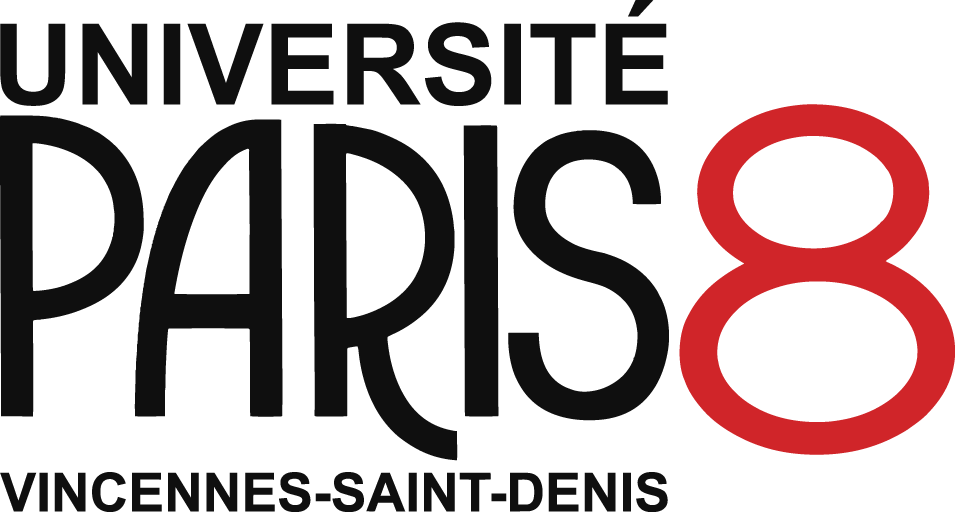From Tolerating Informality to Formalizing Prohibition: Religious Practices of West African Migrants in France (1960s–2020s)
Résumé
This article addresses the concept of arrival infrastructure through religious practices. More specifically, this article is about the visibility of Muslim religious practices of West African migrants in France from the 1960s to the present day. The article is mainly based on ethnographic fieldwork on foyers conducted in the Paris region from 2016 until 2022 but also draws on archival research undertaken in the Paris City Archives. Foyers are a specialised housing system consisting of hostels for (post)colonial—mainly African—male migrant workers created in the 1950s. From the 2000s, foyers underwent significant transformation: their architecture and legal framework changed with the foyer giving way to the résidence sociale (social residence). African migrants were no longer the only residents in these new facilities, and their socio-spatial practices were closely monitored by building managers. Prayer rooms and mosques that existed in foyers disappeared following the transformation, leading to more informal religious spaces and practices. This article is constructed chronologically and aims to focus on the blurred frontier between formal and informal religious practices and their transformation across time: from being tolerated, or even encouraged, by policymakers and foyer managers to the progressive disappearance of collective religious activities in foyers or social residences. This article highlights the negotiations, conflicts, and tensions between residents, building managers, neighbours, and policymakers and their spatial consequences for everyday religious practices in the very tense post-2015 Paris attacks context marked by rising Islamophobia.
Fichier principal
 UP 9 - From Tolerating Informality to Formalizing Prohibition_ Religious Practices of West African Migrants in France (1960s-2020s).pdf (207.69 Ko)
Télécharger le fichier
UP 9 - From Tolerating Informality to Formalizing Prohibition_ Religious Practices of West African Migrants in France (1960s-2020s).pdf (207.69 Ko)
Télécharger le fichier
| Origine | Fichiers produits par l'(les) auteur(s) |
|---|


